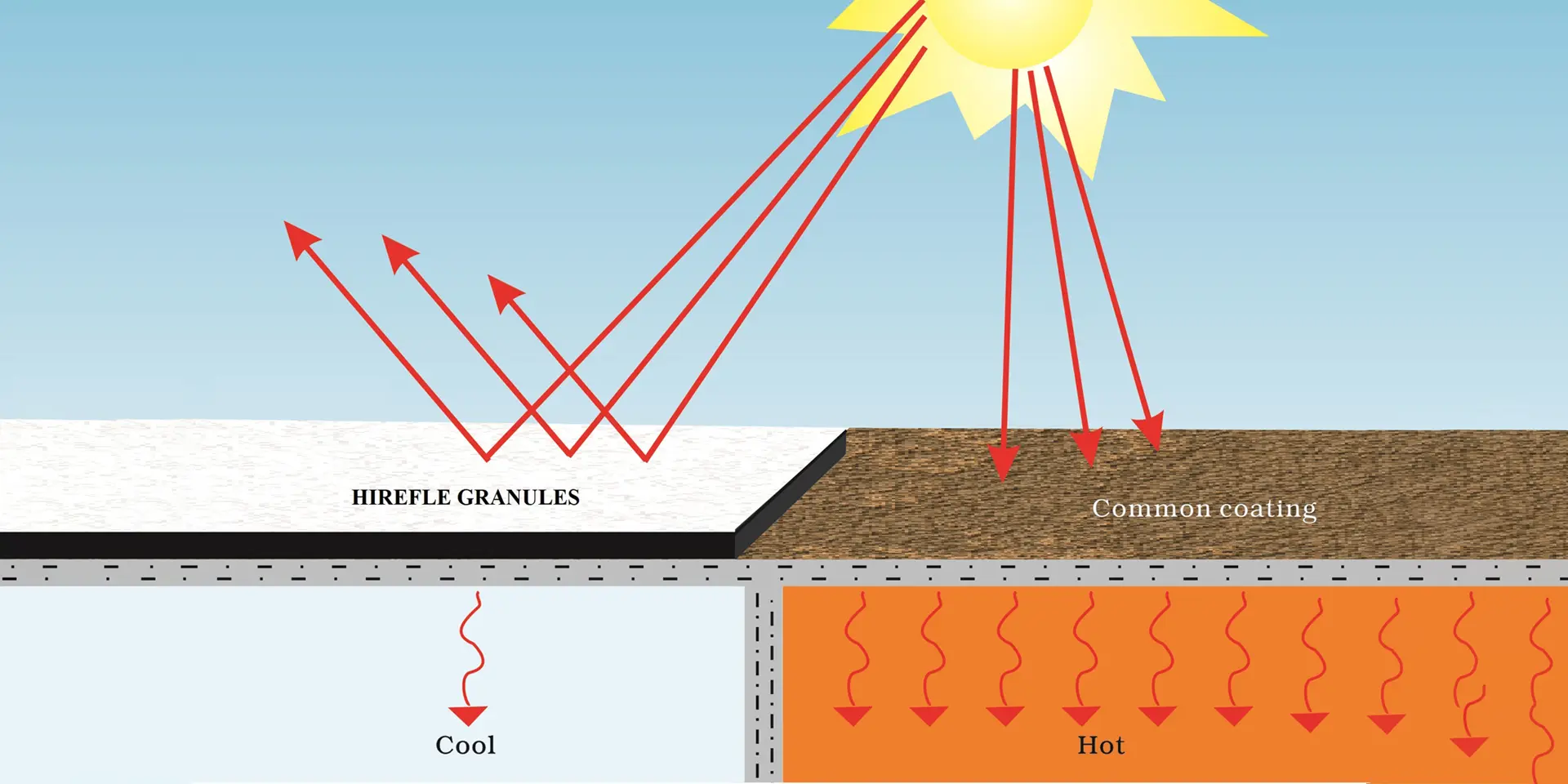
Dek . 15, 2024 06:37 Back to list
recycled asphalt shingles
Recycled asphalt shingles (RAS) have emerged as a sustainable solution for the construction and roofing industries, addressing waste management issues while providing valuable materials for new projects. Asphalt shingles are among the most popular roofing materials used in residential and commercial building applications. However, their high disposal rates, resulting in significant environmental concerns, necessitate innovative approaches to recycling.
Asphalt shingles typically consist of a fiberglass or organic felt mat coated with asphalt and granules. When these shingles reach the end of their life cycle, they can contribute to substantial amounts of waste in landfills. In fact, according to the Environmental Protection Agency (EPA), roofing materials make up a significant portion of construction and demolition debris. This environmental challenge has prompted the industry to explore effective ways to recycle these materials.
Recycling asphalt shingles offers numerous benefits. Firstly, it reduces the burden on landfills, prolonging their lifespan and minimizing the environmental footprint associated with waste disposal. Secondly, recycled asphalt shingles can be repurposed as a valuable resource in the production of new asphalt concrete. This application not only promotes the reuse of materials but also enhances the overall performance of asphalt mixtures, as RAS has been shown to improve the durability and resilience of pavements.
The process of recycling asphalt shingles typically involves several key steps. Initially, shingles are collected from roofing sites or waste management facilities. They are then processed in recycling plants, where they are crushed and screened to separate contaminants, such as nails, wood, or other debris. The clean, recycled material is then graded based on its quality and composition, which is essential for determining its suitability for various applications.
One of the primary uses of recycled asphalt shingles is in hot-mix asphalt (HMA) production for road construction and repair. The incorporation of RAS in asphalt mixtures can significantly reduce the need for virgin asphalt, leading to cost savings and reduced demand for new resources. Studies have shown that using RAS in HMA can improve the properties of the final product, offering enhanced resistance to cracking and deformation, thus extending the life of roads.
recycled asphalt shingles

Moreover, RAS can be used in other applications beyond HMA. For example, they can be utilized in the production of cold-patch materials, which are used for repairing potholes and other pavement defects. Additionally, RAS has potential applications in producing roofing products, such as new asphalt shingles and composite materials, creating a circular economy within the roofing industry.
Despite the clear benefits of utilizing recycled asphalt shingles, challenges remain in terms of standardization and quality control
. Variability in the composition of RAS can affect its performance in end-use applications. Therefore, ongoing research and development efforts are essential to establish guidelines and standards for the recycling process, ensuring consistent quality and safety in the resulting products.Moreover, raising awareness among construction and roofing professionals about the advantages of RAS is crucial. Educational initiatives can promote the use of recycled materials and encourage more widespread adoption of sustainable practices within the industry. As more contractors and builders recognize the environmental and economic benefits of utilizing RAS, it is expected that the demand for recycled asphalt shingles will continue to grow.
In conclusion, recycled asphalt shingles present an effective solution for managing roofing waste while providing valuable resources for construction projects. By fostering a culture of recycling and promoting the use of RAS in various applications, the industry can move toward a more sustainable future. This not only helps to protect our environment by reducing landfill waste but also contributes to the creation of high-quality materials that enhance the longevity and performance of our roadways and buildings. As technology and practices continue to evolve, the potential for RAS in various applications will only expand, paving the way for a greener construction industry.
-
Top Stone Coated Metal Roofing Suppliers & Manufacturers Durable Stone Coated Metal Tile Solutions
NewsJul.07,2025
-
How Many Bundles of Asphalt Shingles in a Square? Fast Roofing Guide & Tips
NewsJul.07,2025
-
How Long Should a Cedar Shake Roof Last? Expert Guide & Replacement Options
NewsJul.06,2025
-
Premium Expensive Shingles Enhance Your Roof with Lasting Durability and Style
NewsJul.06,2025
-
Roof Shingle Construction Durable & Cost-Effective Asphalt Roof Solutions
NewsJul.06,2025
-
Premium Red 3 Tab Roof Shingles for Durable, Stylish Roofing Solutions
NewsJul.05,2025







